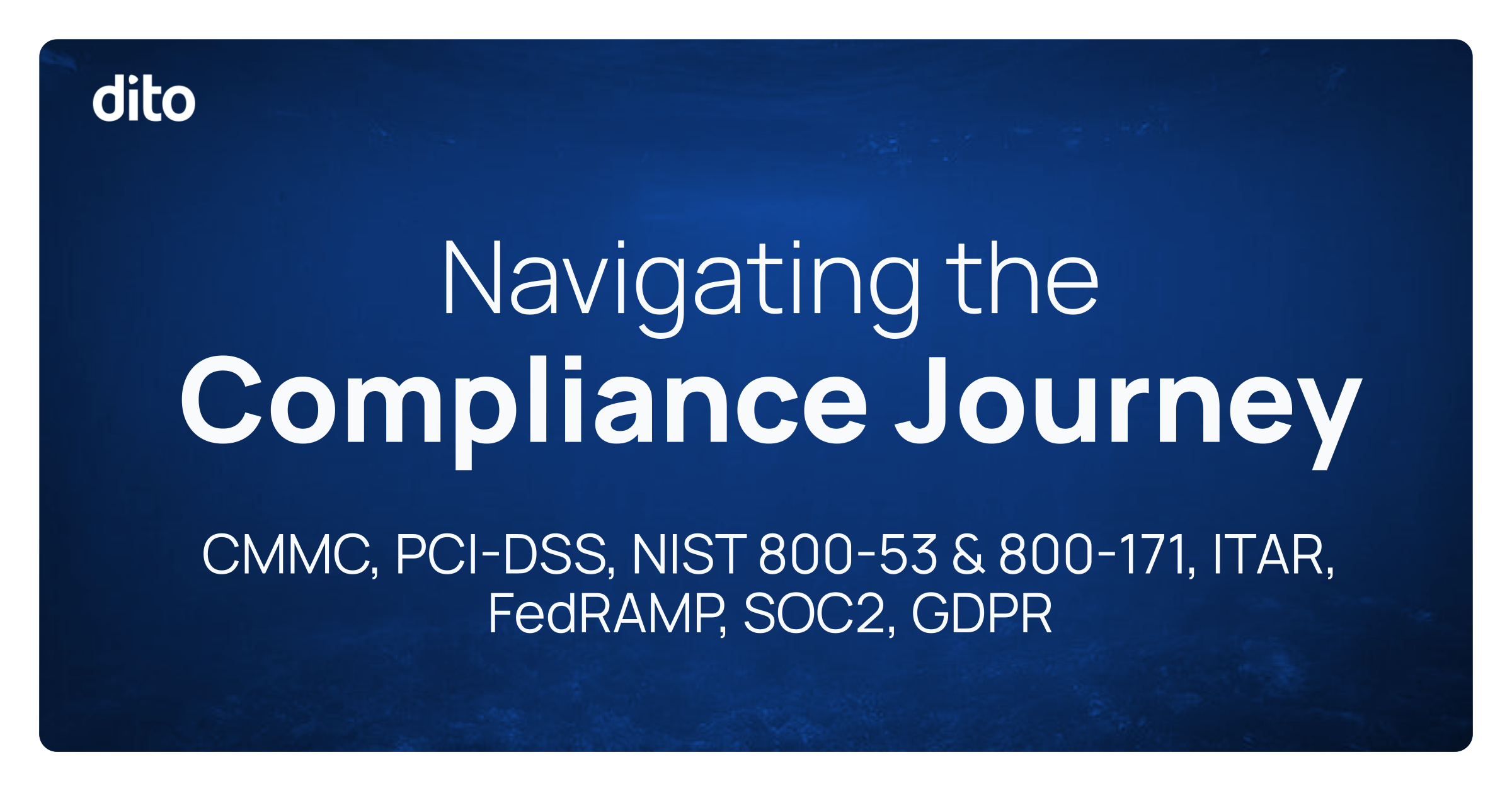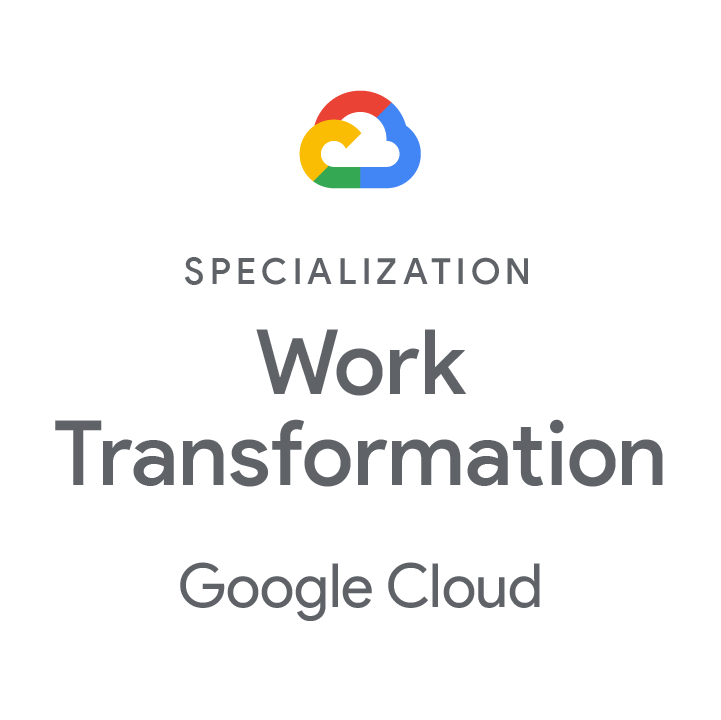So far this year, our team of Change Management Specialists (AKA Google Apps Trainers) have been traveling non stop. While they’re on the road delivering Google Apps training, they are still expected to stay connected so they can reply to customer emails and help out fellow staff members. In today’s world, everyone is on the go and our Trainers are no exception. Their graceful management of responsibilities and deliverables while traveling inspired this post. In this post, we will explore the top 5 Google solutions that help you stay productive and connected while on the go.
You can also add new users from here as well. Mac users can switch between users profiles by right-clicking on the Chrome icon in the Dock.
-
Multiple Chrome Profiles
-
Chrome Sync
-
Google Offline Services
-
Mobile Apps
-
Chromebooks
1. Multiple Chrome Profiles
Creating Multiple Chrome profiles allows you to manage your work and personal life with ease while in the office or from the road. If you haven’t already set up multiple profiles, we strongly recommend doing so. Once you’ve signed into the Chrome browser, your preferences, bookmarks, apps, extensions and themes will be automatically updated and saved to that profile. This becomes especially helpful when you set up Chrome Sync on your devices (see #2). Multiple profiles also ensure that your personal browsing history is recorded under your personal profile instead of your work profile.
To begin, we will first establish a personal Chrome profile. To do this, open your Chrome browser, click the ‘Customize and control Google Chrome’ button on the top right of your browser toolbar, and click on ‘Settings.’
Next, find the ‘User’ section and select ‘Add new user.’
You will need to select an icon and you will have the option to adjust the profile name. We suggest renaming the profile ‘personal’ to make it easy to distinguish. Once you have done this, click ‘Create’.
You will now be prompted to sign in. Sign in using your personal Gmail address and password.
You will notice that the icon you selected is now visible in the top right corner.
Repeat this process to create each of you profiles. For example, I have three Chrome profiles: one for my personal email, one for my Dito email, and one for my training account. To switch between accounts, simply click on the icon image at the top of your browser and select which account you would like to use.
You can also add new users from here as well. Mac users can switch between users profiles by right-clicking on the Chrome icon in the Dock.
Note: When you first open your browser, you may notice your email in the top right corner. This indicates which profile you are logged in to. To add another profile, simply click on the ‘Customize and control Google Chrome’ button and select ‘Signed in as ‘your email’’. This will bring you right back to the settings menu where you can add an user.
Note: You can not create multiple users on a Chrome device using the steps above. Please refer to Google Support’s post ‘Sign in to Chrome device – Adding accounts to the device.’
2. Chrome Sync
The second way you can stay connected while on the go is by setting up Chrome Sync on all your devices. Once enabled, Chrome Sync captures your browser preferences, bookmarks, apps, extensions, and themes automatically and syncs them instantly to your Google Account. This is an especially powerful feature for those of us who are constantly accessing different devices throughout the day or when traveling.
For example, when I travel I bring my smartphone, MacBook and Chromebook. All my essential docs, apps, and bookmarks are automatically updated to each. Being able to transition seamlessly from any of those devices is very often the difference between meeting a deadline and not. To learn how to set up Chrome sync on your devices, read our post Pro Tip: Utilizing Chrome Sync.
3. Google’s Offline Services
One of the improvements to Google’s offerings that has really impacted productivity is the addition of offline availability for Google Drive. You can now access Google Documents, Spreadsheets, and Presentations while offline. Great for finishing up that presentation or proposal while flying! Once your internet connection is reestablished, your edits will be updated automatically. To learn how to enable offline access, read our post How to Enable Slides for Offline Editing. The instructions apply to Documents and Spreadsheets as well.
You also have the opportunity to access your Gmail and Calendar while offline. To access these, you will need to add the apps to Chrome from the Web Store. You can also add the apps through the settings menu of Gmail and via the Calendar’s ‘Gear’ drop down menu.
The image below shows where to add Offline access for Gmail.
After installed, you will need to ‘Allow offline mail’. Once you click ‘Continue’, you will be able to manage and compose email when not connected to the internet.
As for Calendar, once Offline is enabled you will be able to view and respond to events.
Note: Do not enable Calendar Offline if you are using a shared computer as your information will be saved to the Chrome browser on that computer.
4. Mobile Apps
The fourth way you can stay connected while on the go is by installing Google apps to your mobile device. These apps allow you to communicate with your team, edit and produce documents, and manage your schedule all from your mobile device. To learn how to install Mobile apps to your smartphones or tablets, please refer to one of these expert posts.
5. Chromebooks
If you haven’t heard of or used a Chromebook you are in for a real treat! Chromebooks have replaced the traditional computer. These fast and intuitive devices give users secure access to the applications, documents, and tools they need to work from wherever they are; in the office or on the road. Each Chrome device includes three years of Google Enterprise Support and a 1-year warranty on hardware directly from the manufacturer and with automatic updates your device is always current. As a Chromebook reseller, we will help you leverage these tools within your organization with guaranteed deployment packages paired with our industry leading change management and training.
Chromebooks are smaller, lighter, and faster than traditional laptops, making them not only a great travel companion but a powerful device for the work day. In fact, our CEO uses his Chromebook exclusively. Additionally, they are resilient. One of our developers accidentally left his Chromebook on the roof of his car and drove away. After retracing his steps, he found it leaning against a curb. It had a few scratches but still worked just as well as it did before. Evaluate a Chromebook today!
Thanks for reading our top 5 ways to stay connected while on the road! How do you stay connected? Please share your tips and tricks in the comments below. If you have questions about any of these features, ask an expert during our blog office hours every Thursday, from 11-12pm est.













